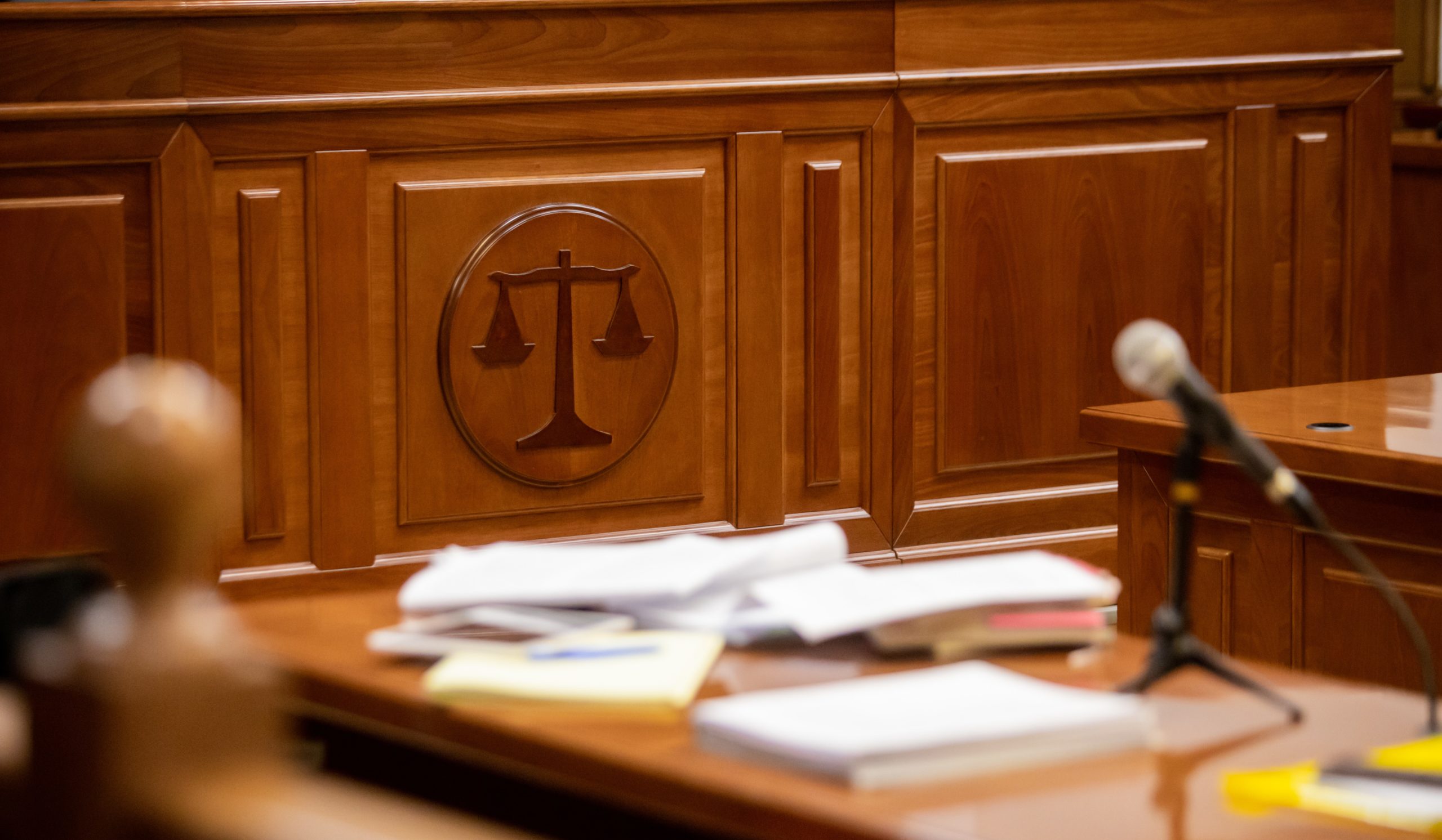The country, and world, watched as a Minnesota jury convicted Derek Chauvin of three criminal charges–Murder (Second Degree); Murder (Third Degree); and Manslaughter (Second Degree)—in the death of George Floyd.
Chauvin’s sentencing is scheduled for June 25, 2021.
What has happened and will happen between the jury verdict and sentencing?
As soon as the verdict was read, the judge (Peter Cahill) revoked Chauvin’s bail, under which he had been out of custody since October 2020.
Revocation of bail is common after a defendant is found guilty following a criminal trial.
Chauvin will await sentencing while in custody.
For his own safety, as a police officer, and a high-profile defendant in a publicized case, Chauvin will be held in a segregated unit at the Minnesota Correctional Facility – Oak Park Heights.
As the sentencing date approaches, the prosecutors and Chauvin’s lawyers will prepare formal statements in support of their respective sentencing recommendations.
Victims’ statements and a presentencing report will be prepared and filed.
At the sentencing itself, the judge will hear from counsel on both sides. The judge will also consider statements from Floyd’s family and friends as to Floyd’s character and the suffering they have experienced, which could influence his ultimate sentencing decision.
Chauvin, as defendant, will have the right to address the court as may his family and friends.
Since an appeal is all but certain, Chauvin’s lawyers likely will advise him not to make any statement at sentencing.
After considering these and other facts, the judge will make findings as to the facts and factors he he finds to be particularly influential, and sentence Chauvin to a term of confinement.
Chauvin’s sentencing will be based on Minnesota’s sentencing guidelines, and the judge’s evaluation of the circumstances underlying the case, Mr. Floyd, and Chauvin himself.
Under Minnesota’s guidelines, the presumptive sentence for second degree and third degree murder is 12-1/2 years.
However, that sentence can be increased or decreased based on multiple factors the court may find relevant and persuasive.
For example, the judge may find that certain aggravating factors– such as Floyd’s vulnerabilities or the presence of children during the crime–warrant an increase in Chauvin’s sentence.
Another factor, as Chauvin’s attorneys will point out, is that Chauvin has no prior criminal record.
Whatever the sentence, this case will not end on the sentencing date. Chauvin’s criminal appeal will take months, if not years, to work its way through the system, before there can be any finality to this case.





